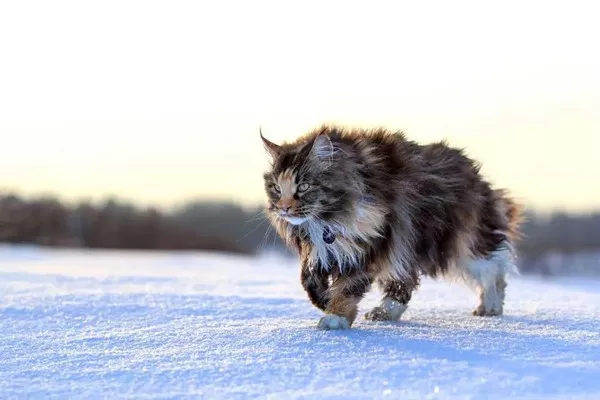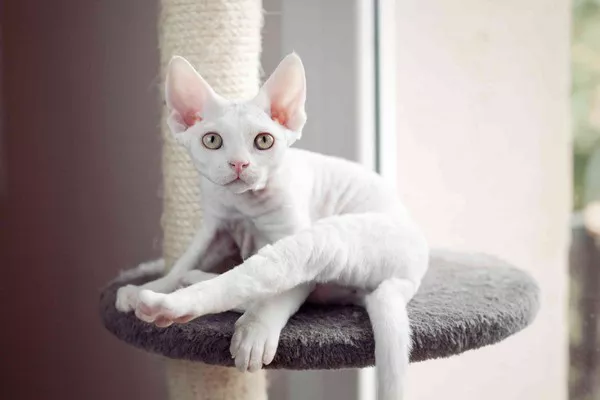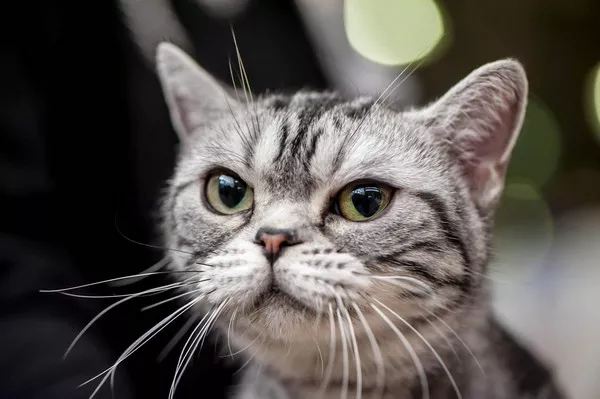The Maine Coon cat, often affectionately referred to as the “coon cat,” is a breed with a rich history, distinctive appearance, and charming personality. Originating from the rugged landscapes of Maine, USA, these majestic felines have captured the hearts of cat enthusiasts worldwide. In this article, we delve into the fascinating world of the Maine Coon cat, exploring its origins, characteristics, and enduring appeal as one of America’s most beloved breeds.
The Origins of the Maine Coon Cat
The Legend of the Coon Cat:
Folklore and Myth: The Maine Coon cat’s origins are shrouded in folklore and legend, with various myths surrounding its ancestry. One popular legend suggests that Maine Coons are descendants of domestic cats that interbred with raccoons, hence the nickname “coon cat.” However, this notion is biologically implausible, as cats and raccoons belong to different animal families.
Historical Context: The true origins of the Maine Coon cat can be traced back to the 19th century in the state of Maine, USA. While the breed’s exact lineage remains uncertain, it is believed to have descended from long-haired cats brought to America by early European settlers, including Vikings and sailors.
Distinctive Characteristics of the Maine Coon Cat
Physical Appearance:
Large Size: One of the Maine Coon cat’s most notable features is its impressive size, earning it the title of “gentle giant” among cat breeds. Fully grown Maine Coons can weigh anywhere from 10 to 25 pounds or more, with males typically larger than females.
Tufted Ears and Lynx-like Tips: Maine Coon cats are known for their tufted ears, which give them a distinctive and regal appearance reminiscent of their wild ancestors. Some individuals may also exhibit lynx-like tips on their ears, further adding to their allure.
Luscious Mane and Plumy Tail: The Maine Coon cat boasts a luxurious coat characterized by a thick, water-repellent undercoat and longer guard hairs that form a luscious mane around the neck and a plumy tail. Their fur comes in a variety of colors and patterns, including tabby, solid, and bi-color.
Temperament and Personality:
Friendly and Sociable: Maine Coon cats are renowned for their friendly and sociable nature, often forming strong bonds with their human companions. They are affectionate, outgoing, and enjoy being part of the family, making them ideal pets for households with children and other pets.
Intelligent and Playful: Despite their large size, Maine Coons retain a playful and kitten-like demeanor well into adulthood. They are intelligent, curious, and enjoy interactive play and mental stimulation, such as puzzle toys and training activities.
Adaptable and Loyal: Maine Coon cats are known for their adaptability and resilience, thriving in various living environments, from rural homesteads to urban apartments. They are loyal and devoted companions, often following their owners from room to room and seeking out opportunities for affection and companionship.
Caring for a Maine Coon Cat
Grooming Needs:
Regular Brushing: Due to their long, thick coats, Maine Coon cats require regular grooming to prevent matting and tangles. Weekly brushing sessions with a stainless steel comb or slicker brush can help remove loose hair, debris, and prevent hairballs.
Nail Trimming: Routine nail trimming is essential to keep Maine Coon cats’ claws from becoming overgrown and causing discomfort or injury. Using a specialized pet nail trimmer, carefully trim the tips of their claws every few weeks, taking care to avoid cutting the quick.
Diet and Nutrition:
Balanced Diet: Providing a balanced and nutritious diet is crucial for maintaining the health and well-being of Maine Coon cats. Choose high-quality cat food formulated to meet their specific nutritional needs, including a mix of protein, fats, carbohydrates, vitamins, and minerals.
Portion Control: Maine Coon cats have a tendency to overeat, leading to obesity and related health problems. Monitor their food intake carefully, and avoid free-feeding or excessive treats. Consult with a veterinarian to determine the appropriate portion size and feeding schedule based on their age, weight, and activity level.
Veterinary Care:
Routine Check-ups: Regular veterinary check-ups are essential for monitoring the overall health and detecting any potential issues early on. Schedule annual wellness exams with a trusted veterinarian to assess their physical condition, update vaccinations, and address any concerns or questions you may have.
Preventive Care: Maine Coon cats may be predisposed to certain health conditions, including hypertrophic cardiomyopathy (HCM), hip dysplasia, and spinal muscular atrophy (SMA). Discuss preventive measures, such as genetic testing, heart screenings, and joint health supplements, with your veterinarian to help maintain their long-term health and well-being.
Conclusion
The Maine Coon cat, affectionately known as the “coon cat,” holds a special place in the hearts of cat lovers worldwide. With its distinctive appearance, gentle temperament, and playful personality, this majestic breed embodies the charm and allure of America’s own native feline. Whether curled up on the couch or exploring the great outdoors, Maine Coon cats continue to captivate and enchant us with their grace, beauty, and unwavering companionship. As we celebrate the legacy of the Maine Coon cat, let us cherish and honor these magnificent creatures for generations to come.


























